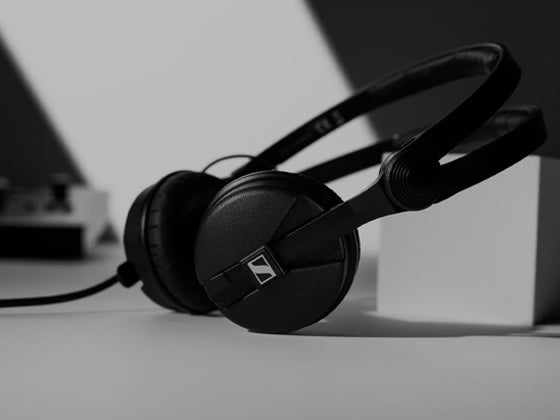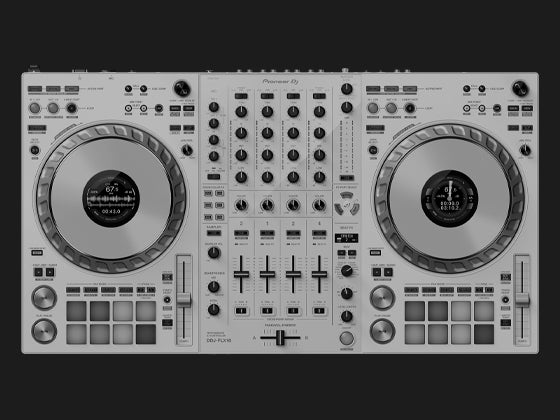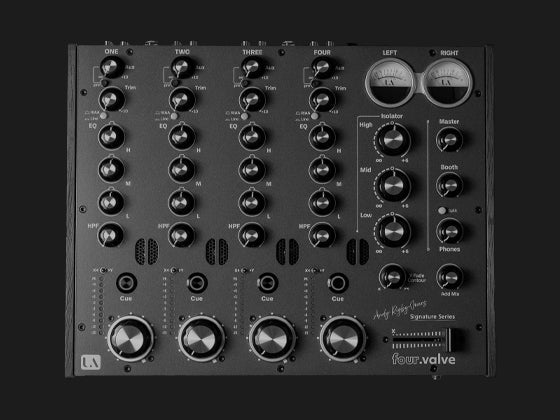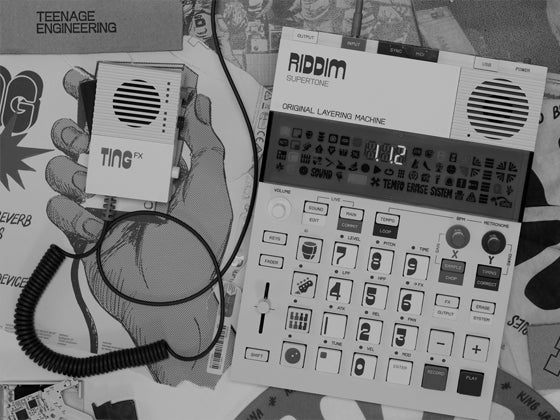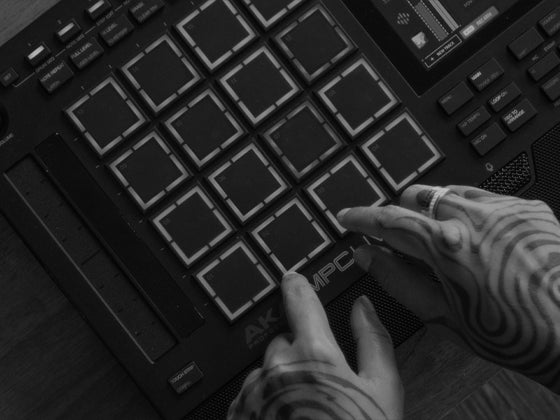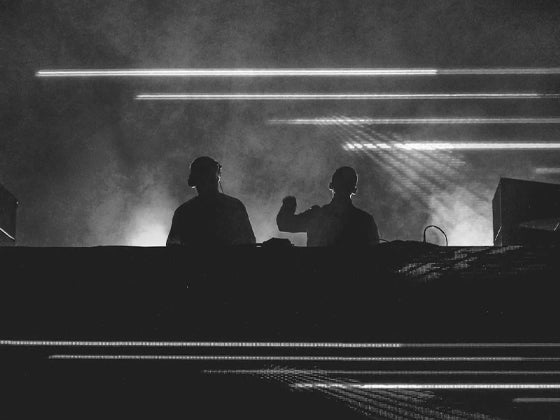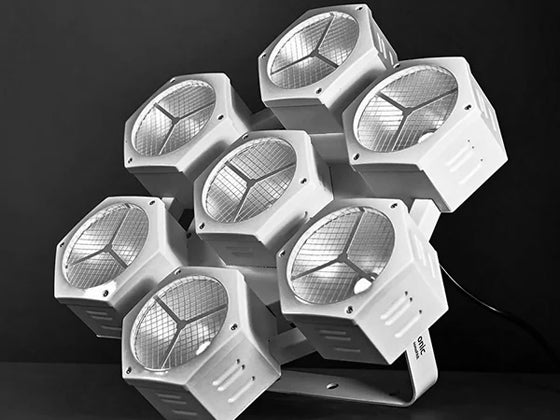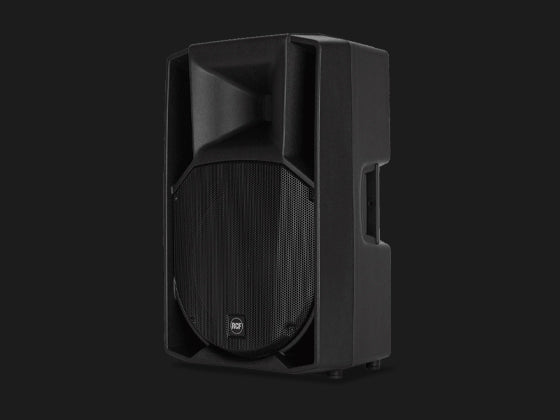DAW Software
A Digital Audio Workstation (DAW) is software designed to give producers and engineers a virtual working environment within a computer or digital device that they can use to record, edit or create audio, i.e. a peice of music, a recording, etc. Although in the DAW world there are quite a few options to choose from, the more popular DAWs include Ableton, Cubase, Logic, Protools, Reason and FL Studio.
While these are more likely to be used worldwide in most studios, lesser known DAWs such as Reaper, Studio One and Bitwig all offer professional features, and some that are not included in the more widely used DAWs, so we always recommend checking your options before choosing the DAW for your studio.
Some factors to consider before buying DAW software are:
1. Do your friends or anyone you know use a DAW?
This is because they may be able to assist you with any problems you may encounter as you're learning your way around the software. This also helps if you are looking to collaborate with other producers, as using the same software makes exchanging files much easier. If you don't know anyone else that produces, check consideration number 2.
2. What DAW do the producers use for the genre you are looking to create/record?
This is important to consider because the genre you are planning to produce may require a specific tool that is relevant to a production technique found in that genre. It's also possible that your favourite producer uses a VST that is supplied only with that DAW, so you may find that without that specific plugin you could struggle to achieve the result you are trying to obtain.
3. Is your computer powerful enough to run the software?
This is often overlooked, but is one of the most important factors to consider when purchasing the DAW. If the computer you use is only just at the minimum specification of the DAW, you may be able to run it, but you will notice that you very quickly run out of resources, so a new computer may be needed before or shortly after you purchase said DAW. There could always be a DAW that is suitable for the computer you are using, so looking at all the available options is a must.
4. Is your audio interface powerful enough?
It's worth bearing in mind that your computer will have to process all of what is going on within your DAW, couple this with all of the VST's you may be using and its a fast route to audio glitches and crashes due to your computer reaching it's limit. A good quality audio interface will help relieve the pressure that your computer is under when dealing with audio processing. So before you buy a DAW and fill it with VSTi's, check to make sure that your audio interface is able to cope with the strain of a professional audio workstation and all that comes with it.
Pretty much all of the DAW's available today have a demonstration copy available, which are normally obtained from the website of the DAW's manufacturer. We strongly recommend that these are downloaded and tried out before considering your purchase as you can get a grasp of each one in your own time before buying. You may find that you get on with one more than the others and it could be different to the DAW you originally set out to use.
DAWs are not just used for the production and recording of music. They’re also used for songs, speech, radio, television, soundtracks, podcasts, sound effects and nearly any other situation where complex recorded audio is needed. Whatever your DAW requirements, West End DJ have a wide variety of software solutions in stock, if you need any help or advice please do not hesitate to get in touch.

